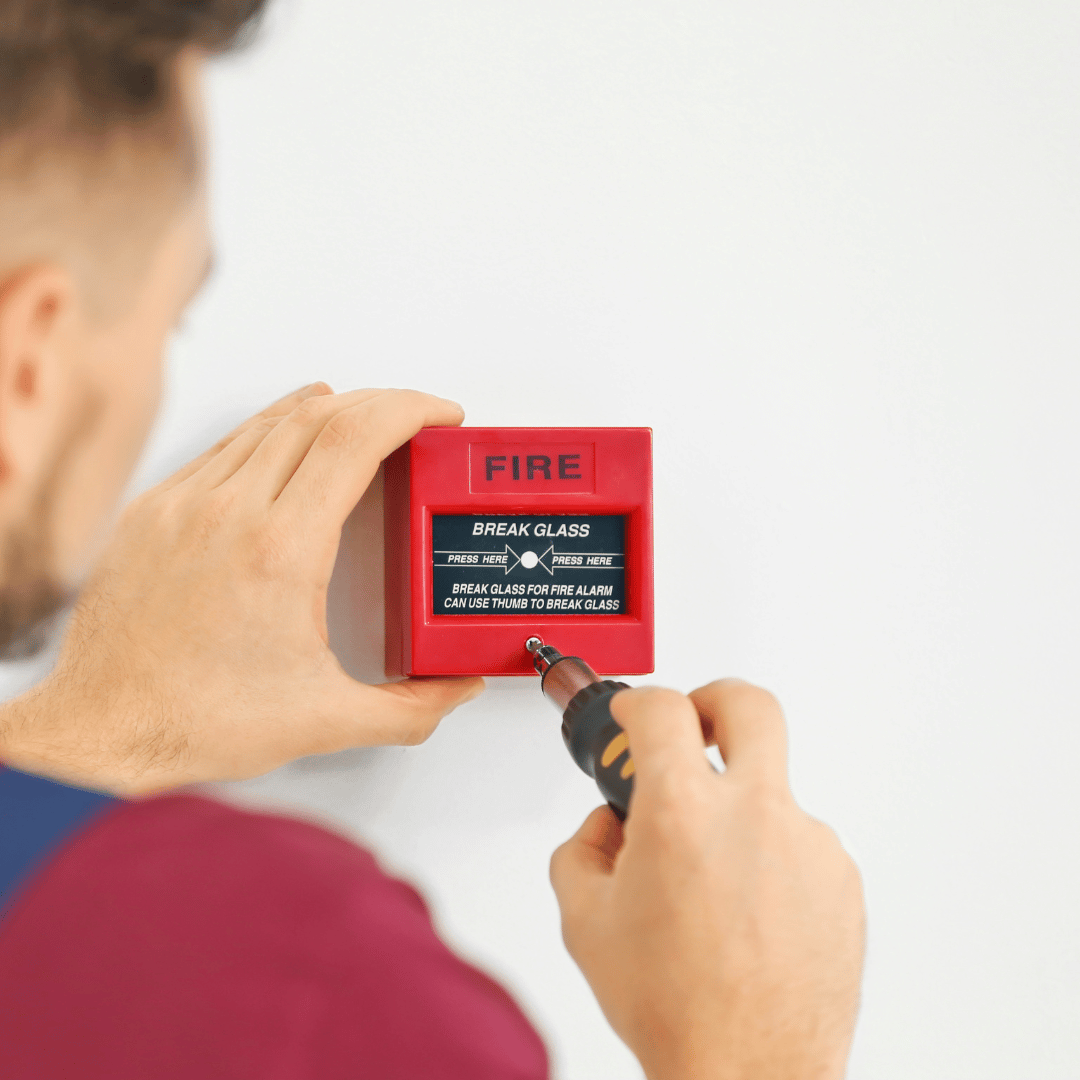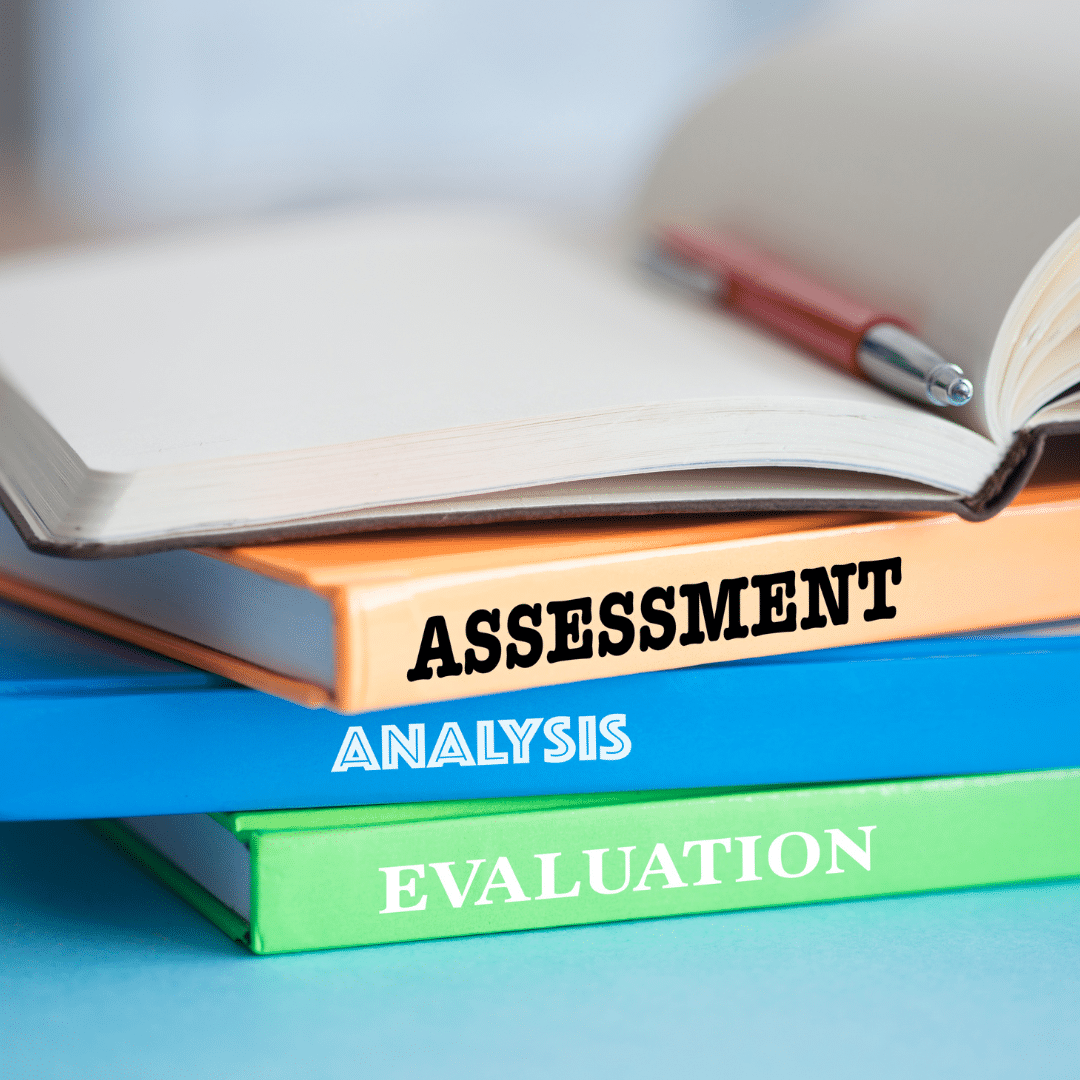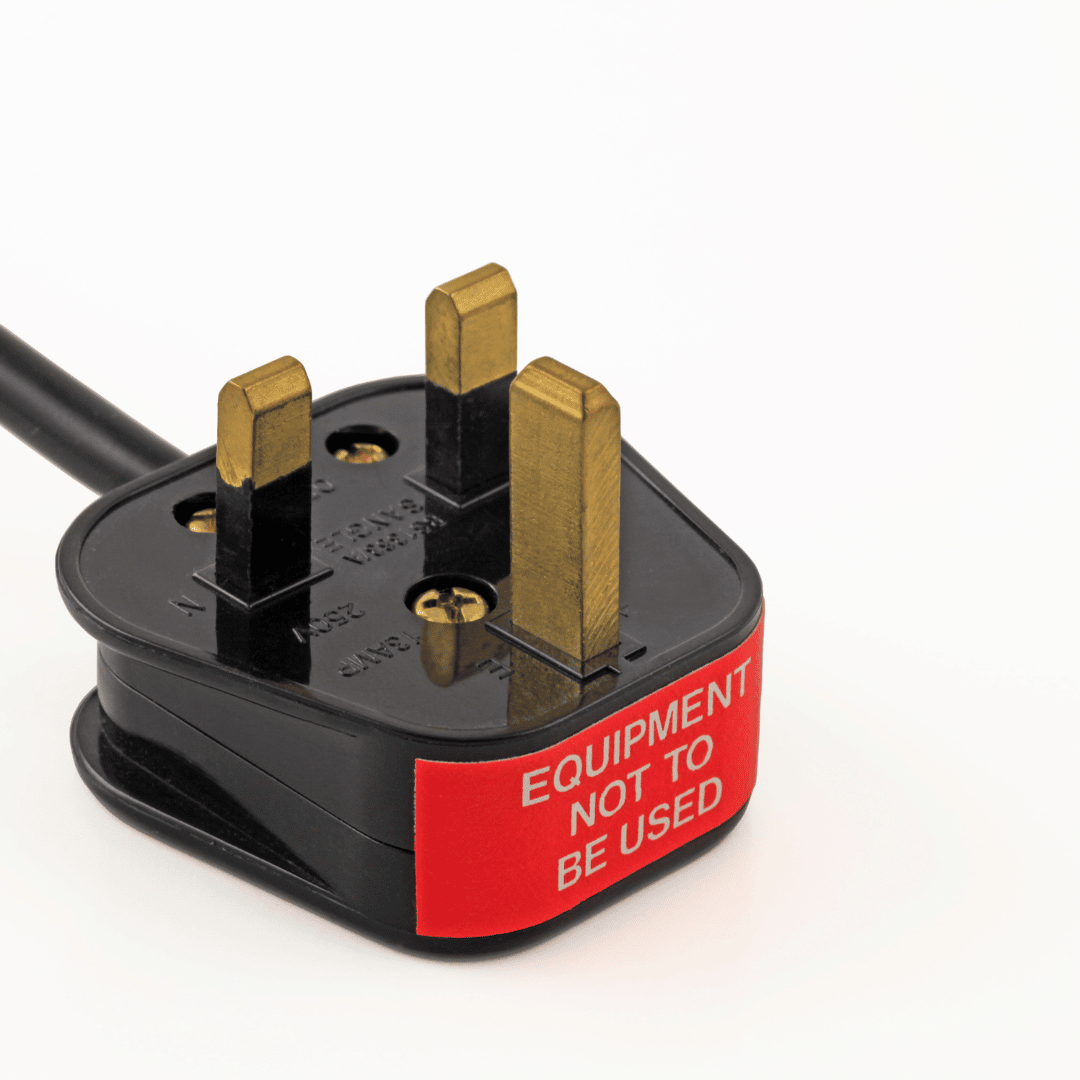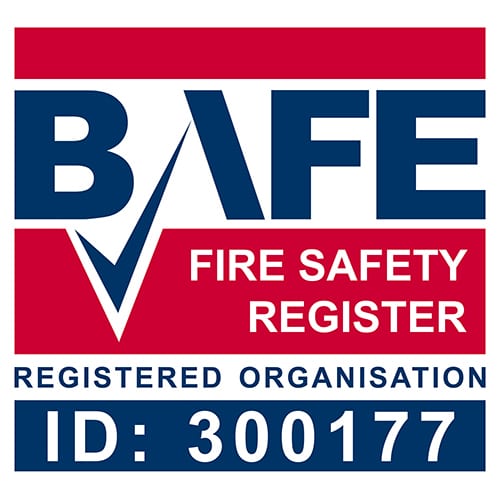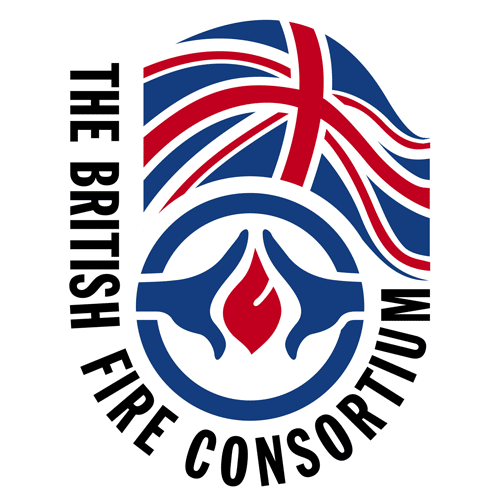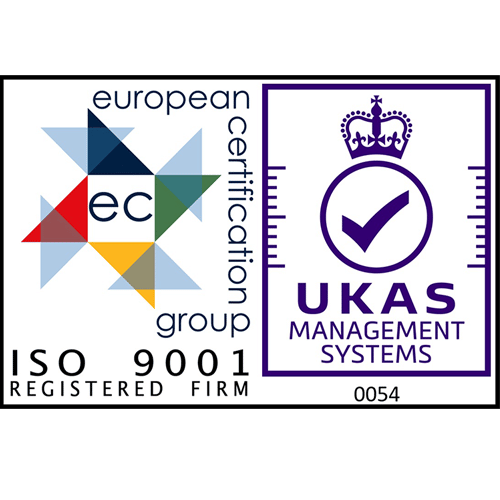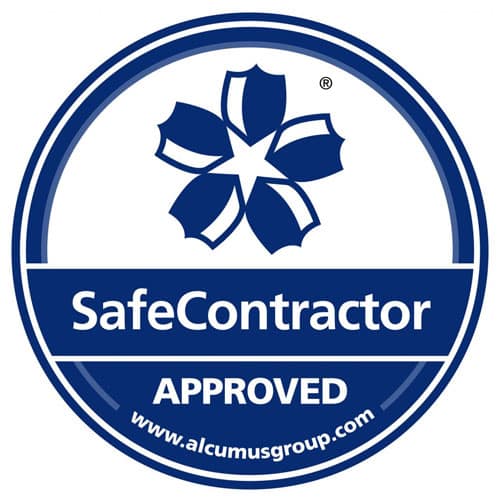At Brookside Frie Service, we have over 30 years of experience in the fire industry, helping businesses ensure they are fully equipped and trained should a fire break out in the workplace. With our fire alarms, you can be sure that your staff and clients are safe in the event of a fire.
Conventional Fire Alarms
These systems are suitable for small to medium size premises and provide easy to manage fire alarms with straight forward operation and testing facilities.
With battery back up built in they will even work in the event of a power cut.
Book an appointment for your fire alarms with a fire alarm company near me, Brookside Fire.
Addressable Fire Alarms
These are recommended for larger systems and are required in hospitals and nursing homes. Each detector is identified by and address, making fire alarm location or fault location quick and easy.
These systems are fully expandable so help to future proof the building in the event of change or extension.
Radio/Wireless Fire Alarms
Fire Alarm FAQ's
There are 3 different types of Fire Alarms we provide at Brookside Fire Service, and they are:
- Conventional
- Addressable
- Radio/Wireless
It is recommended to test your fire alarm at least once a month to ensure it is working correctly. The best way to do this is:
- Press and hold the test button on the alarm until it sounds.
- If the alarm does not sound, replace the batteries and try again.
- If the alarm still does not sound, replace the alarm immediately.
It is also important to have a professional inspect and test your fire alarm system annually to ensure it is functioning properly and to identify any potential issues. This can be done by contacting a licensed fire alarm technician or a local fire department for assistance.
Legal requirements for fire alarms in commercial buildings vary by location and may be established by local authorities. Some common requirements may include:
- Installation of a fire alarm system that meets the appropriate code and standards for the building's use and occupancy classification.
- Regular testing and maintenance of the fire alarm system, typically performed by a licensed fire alarm technician.
- Notification and response protocols in the event of a fire or other emergency.
- Provision of adequate exit routes and emergency lighting.
To ensure that your building meets these requirements, you can:
- Consult with local authorities to understand the specific requirements for your building's location and use.
- Hire a licensed fire alarm technician to install, test, and maintain your fire alarm system.
- Establish and regularly review emergency preparedness plans, including evacuation procedures and employee training.
- Regularly inspect and maintain exit routes and emergency lighting.
The lifespan of a fire alarm can vary depending on the type and model of the alarm, as well as the conditions in which it is installed and maintained. However, it is generally recommended to replace smoke alarms every 10 years and replace heat alarms every 15 years.
Additionally, you should consider replacing your fire alarm if:
- The alarm fails to sound during a test.
- The alarm emits a constant chirping sound, indicating a low battery or malfunction.
- The alarm shows signs of physical damage, such as cracks or discoloration.
- The alarm is outdated and no longer meets current safety standards.
It is important to replace your fire alarms when needed to ensure that they are functioning correctly and providing adequate protection for your home or business.
All Fire Alarms vary in what they provide to you. Therefore, if you're unsure, it's best to contact our professional team here at Brookside Fire Service. We can provide you with information and knowledge to help decide what's best for your property.


